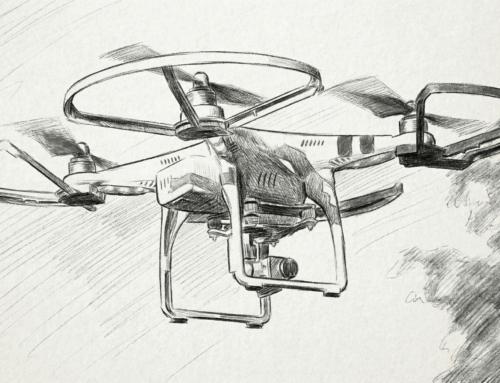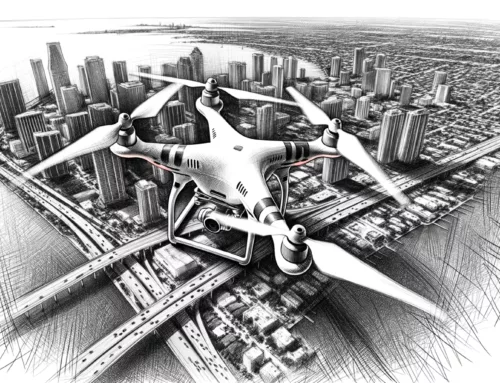The Consequences of Police Utilizing Facial Recognition
When you think of facial recognition technology, you might associate it with unlocking your phone or tagging friends in your social media photos. However, this technology is now making its way into law enforcement practices, causing significant concerns about privacy and wrongful arrests. As a criminal defense attorney, I have observed how law enforcement has utilized this technology, raising significant ethical, legal, and privacy concerns that directly impact my clients and the broader criminal justice system.
Clearview AI: A Controversial Tool for Police
In a recent article by The Marshall Project, Jamiles Lartey sheds light on how law enforcement agencies are using facial recognition technology, specifically focusing on Clearview AI. This company offers facial recognition algorithms combined with a database of over 30 billion photos scraped from the internet, primarily from social media, without the consent of those photographed. Clearview AI markets its tool mainly to local law enforcement agencies.
The Impact of Flawed Technology: Wrongful Arrests
The increasing use of facial recognition in policing has led to several cases of wrongful arrests, as highlighted in Lartey’s article. Randal Quran Reid, for example, was mistakenly identified by Clearview’s technology as a thief and subsequently arrested. Despite his innocence, Reid spent six days in jail and thousands of dollars on legal fees. Even more concerning is the fact that the documents used to arrest him, including the warrant signed by a judge, failed to mention the use of facial recognition.
Racial Bias and Technological Improvements
This technology is far from flawless, with algorithms historically performing worse on darker-skinned individuals than on white people. Critics argue that racial bias concerns are not overblown, while others claim that the technology is quickly improving.
The Potential for Redemption: Cases of Proven Innocence
In some instances, facial recognition technology has proven the innocence of those accused of crimes. However, skeptics argue that the technology’s potential to undo wrongful arrests does not outweigh its ability to generate them in the first place.
Legal and Ethical Concerns: Privacy Laws and Regulations
Clearview’s technology has been found to violate privacy laws in the European Union, Australia, and Canada. In addition, the company had to agree not to sell its database to other businesses as part of a 2022 settlement with Illinois. Understanding these legal and ethical concerns is vital when representing clients affected by facial recognition technology.
Striking a Balance Between Technology and Rights
Although facial recognition technology has the potential to revolutionize criminal investigations, it is critical to consider the inherent risks and ethical concerns. Wrongful arrests can have devastating consequences, leading to emotional and financial turmoil for innocent individuals. As facial recognition technology becomes more prevalent in law enforcement, it is essential to establish regulations and protocols that prevent misuse. Striking a balance between harnessing the potential benefits of facial recognition technology and ensuring the rights and freedoms of individuals are not compromised remains a top priority for criminal defense attorneys like myself.









